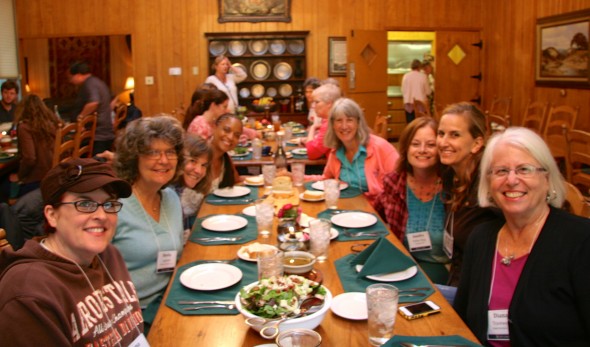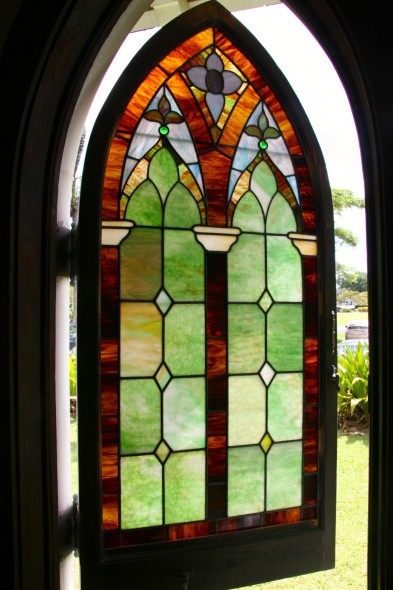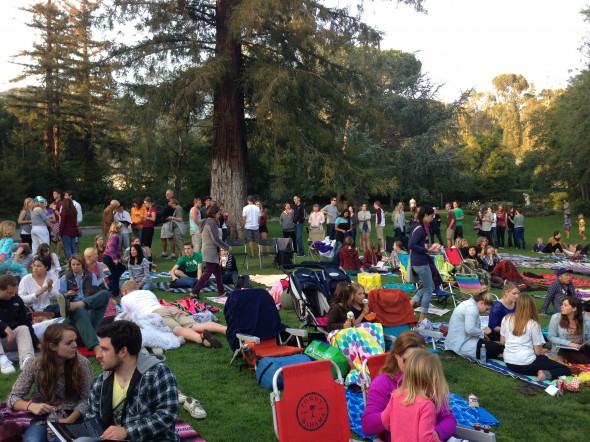So, right now,
these people (and a few others)
are saving my life.
These are sisters at the soul level,
and I find that I lean on them for all kinds of things
that are good and important and transformational.
It’s hard for me to lean on others.
I’ve always been the go-to girl,
the strong one, the leader, the loud-mouth.
It’s taken me . . . oh. . . about 40 years,
give or take a decade,
to understand that I am weakest when I try to go it alone,
that strength is truly found in numbers,
that I was never meant to carry the weight of the world
on these shoulders, even though they are b-r-o-a-d ones.
We are communal creatures, even when the community drives us batty.
We need one another to make it to the next Big Thing,
and we’re designed that way on purpose.
Nobody was ever meant to suffer life’s tragedies —
or celebrate life’s joys — all by themselves.
Yes, indeed, solitude is a good and necessary thing.
It helps us become quiet,
it centers us on the Center,
it encourages and nourishes and gentles and guides.
But the solitude and the silence,
the centering and the re-creating
come to fruition in the messes of everyday living,
in the intersections we have with others.
When we learn to lean,
we learn to grow, and even to flourish.
So, right now, this community is the one that
helps me find my way home in the dark,
the one that holds me accountable,
the one that teaches me new things about grace
every.single.day.
Have you found some leaning space?
If so, tell me a little about it.
If you’re working’ on it, let me pray for you.
I’d be honored to!































































